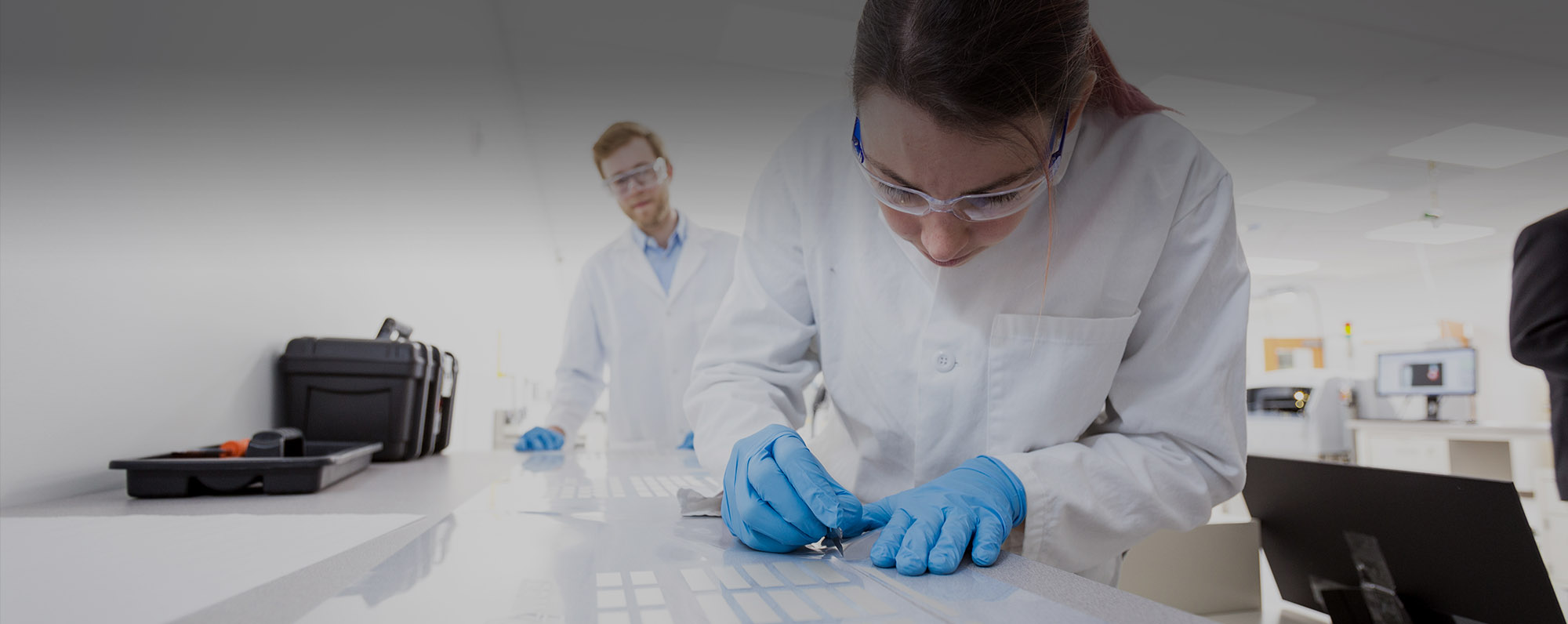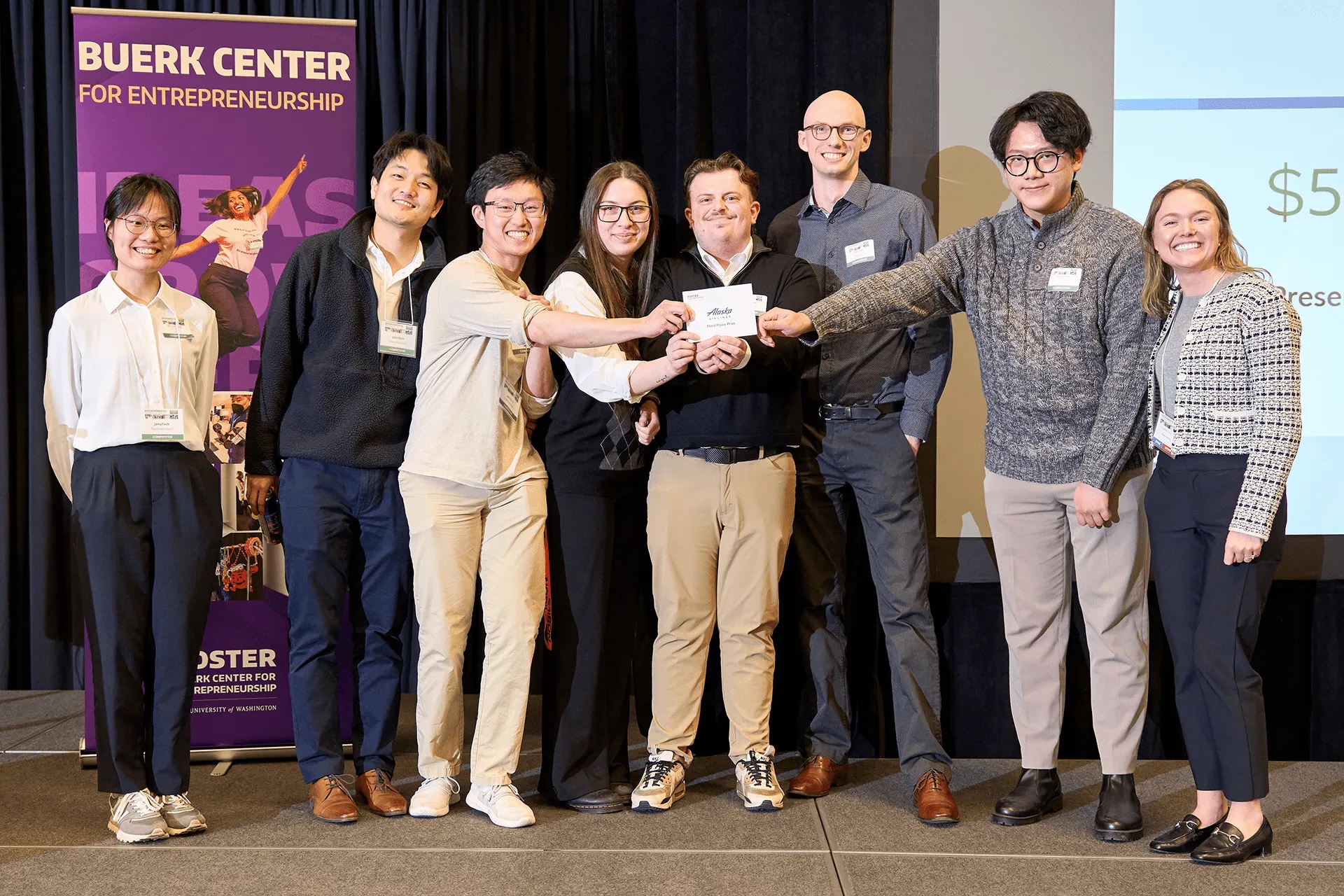
CEI Graduate Fellows Kevin Lee, Zach Wylie lead UW Chemical Engineering student team to third place at UW Buerk Center entrepreneurship competition
At the 2025 Environmental Innovation Challenge (EIC), held on April 3 by the University of Washington (UW) Buerk Center for Entrepreneurship, Team JanuTech won the $5,000 third place prize for their quick-charging drone batteries. The team of UW chemical engineers was led by doctoral students Kevin Lee and Zach Wylie, both Clean Energy Institute (CEI) Graduate Fellows, and advised by CEI Member Faculty Lilo Pozzo. Developing the technology and presenting at the EIC showcase also served as the senior capstone project for the team’s undergraduate members.
Lee has a background in physics and mechanical engineering, and came to UW Chemical Engineering (ChemE) after working in the electric vehicle industry. Through this work, he developed an interest in materials design and was inspired to further his education in chemical and materials sciences.
Wylie earned a bachelor’s degree in chemistry but became more interested in the depth of subject matter offered by chemical engineering courses. He is a member of Pozzo’s research group and enjoys being a mentor to other students. Wylie is currently working toward a career in academia and teaching.
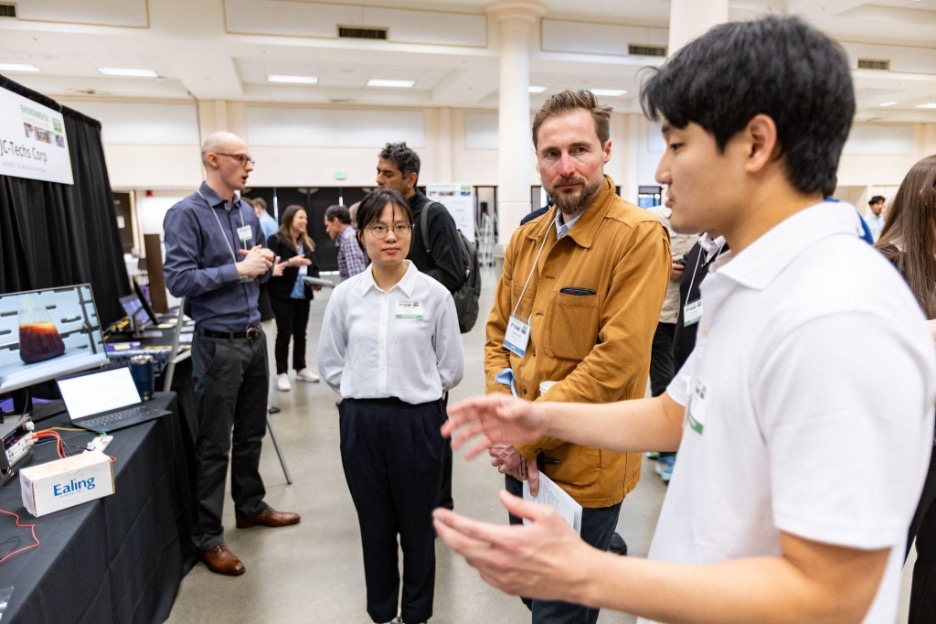
JanuTech’s goal for the EIC was to develop a fast-charging battery using stibnite, or antimony sulfide, which is a naturally occurring earth mineral that has conductor capabilities. Antimony sulfide has a higher capacity than the graphite typically used in lithium ion batteries. Replacing the graphite with antimony sulfide makes for comparatively quick charging, taking five minutes for a battery to charge as opposed to 30 minutes or more for conventional lithium ion batteries. This function made JanuTech’s batteries ideal for applications like drones, which require a lot of power very quickly.
In the process, the team had to get creative with how to create antimony sulfide nanoparticles using prototype funding from the UW Buerk Center and some small grants that Wylie and Lee acquired.
“We were able to use conventional, low-cost tools like hair straighteners and other supplies to replicate professional machines used to develop pouch cells,” said Lee, “As mentors it was really nice seeing the seniors get invested in the process and feel good about what they achieved, all while having fun along the way.”
After assembling their prototype batteries, JanuTech utilized open-access, pay-per-use tools at the Research Training Testbed and Washington Clean Energy Testbeds facilities to test and validate the devices.
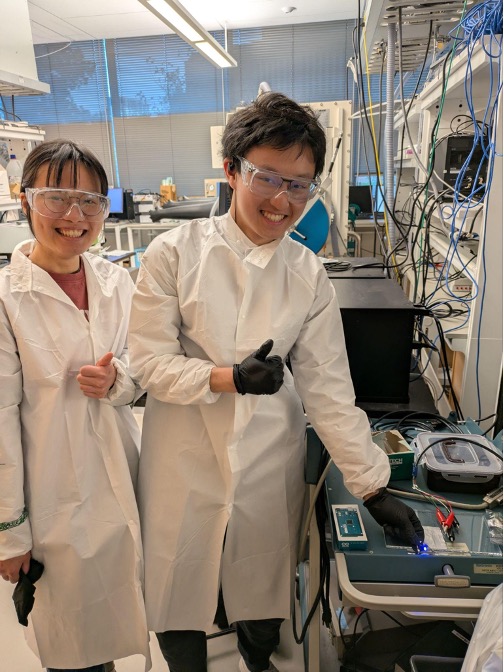
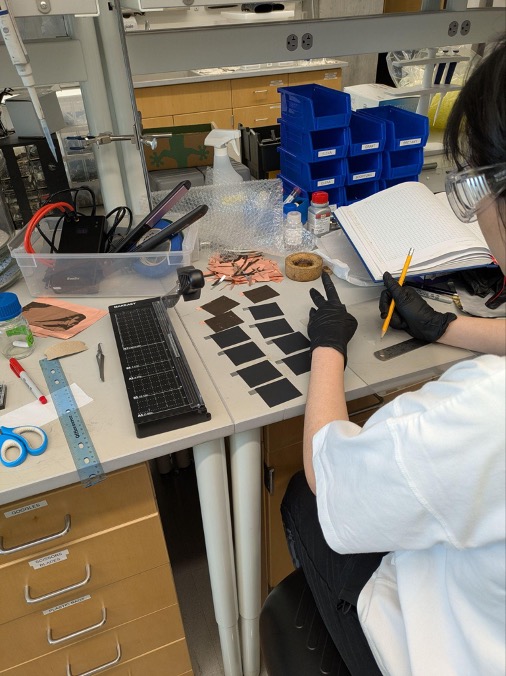
For the undergraduate members of JanuTech, this was the first time that a senior capstone project involved collaborating with ChemE graduate students rather than industry partners. Chemical engineering professor Dave Beck oversaw the JanuTech team as part of the industry-led senior capstone projects. Their prize-winning success has opened a door of opportunity for graduate students and undergraduates to work together on innovative technology development.
“The experience of a hands-on environment for students to holistically integrate their coursework learnings through practical entrepreneurial activities, like customer discovery, ideation, and business model generation, positions our students to be at the cutting edge of industry and societal advancement,” said Beck.
Wylie and Lee have filed a provisional patent for the material and process that JanuTech developed for their batteries. They are continuing to work with CoMotion at the UW, and have applied to the Seattle Climate Innovation Hub to get additional networking and business support to further develop their innovative battery technology.



